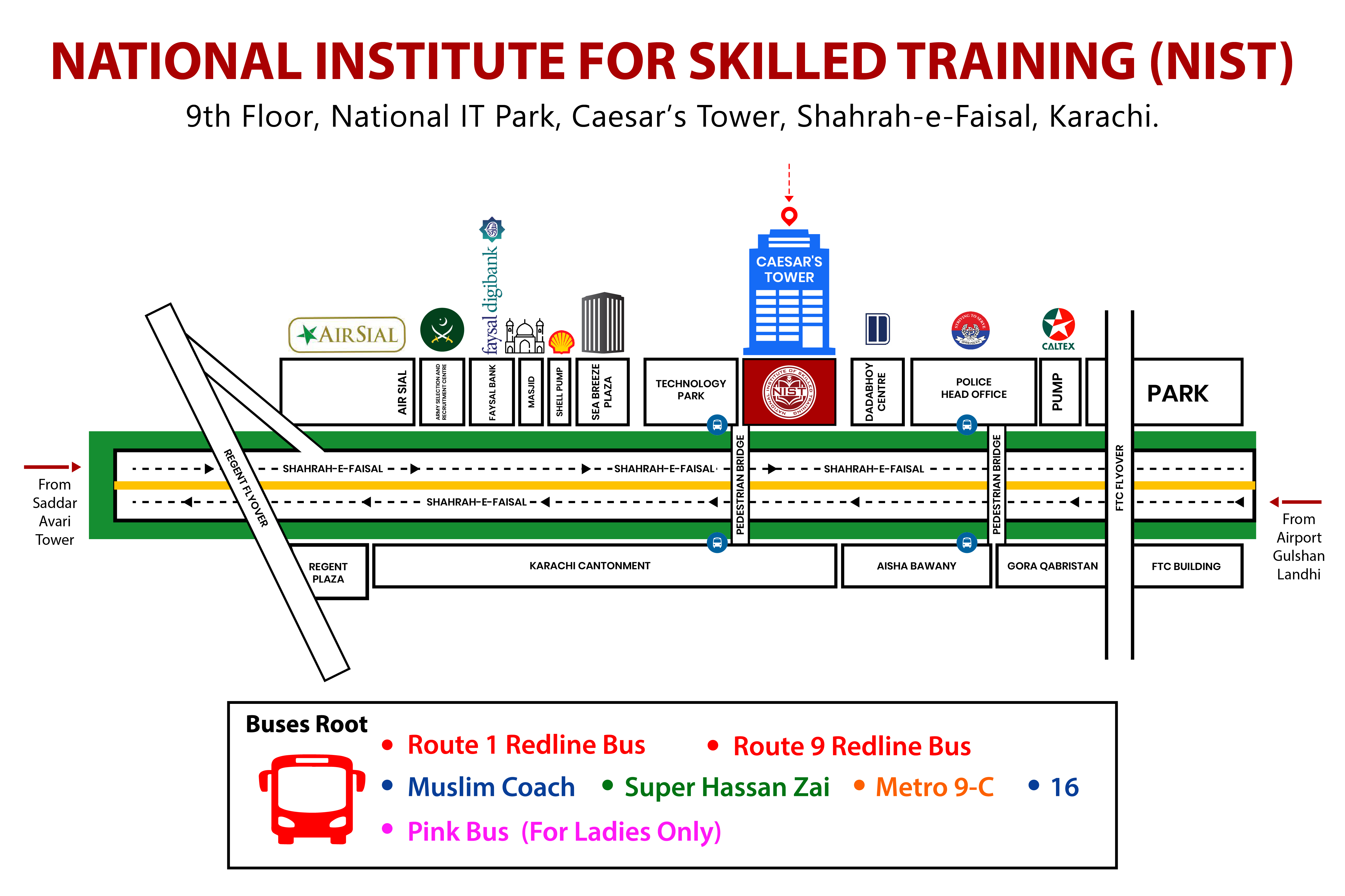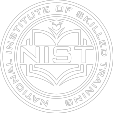In today’s competitive job market, securing a job right after graduation is difficult, especially in countries like Pakistan where graduate unemployment is becoming a serious challenge. The traditional pathway of completing a degree and landing a job is no longer sufficient. More than just theoretical knowledge—employers are now actively seeking candidates with real-world skills, experience, and the ability to adapt quickly to workplace environments. This is where internships and hands-on experience come in.
The Current Job Market in Pakistan: A Grim Reality
Pakistan’s economy is currently navigating turbulent waters. Inflation is skyrocketing, prices of essential goods are increasing rapidly, and unemployment rates continue to rise. For fresh graduates, this means even more pressure when it comes to landing a job.
The job market in Pakistan is saturated, with more graduates entering the workforce than available job opportunities. A major challenge facing students is that the educational curriculum is often outdated, focusing primarily on theoretical knowledge. Employers, however, are looking for candidates who can offer more—those who possess practical skills, problem-solving abilities, and adaptability in real-world situations.
The Disconnect Between Academia and Industry
A major reason graduates struggle to find employment is the disconnection between academia and industry. Many universities in Pakistan focus heavily on lectures, textbooks, and exams, leaving students with theoretical knowledge but lacking practical skills. This gap is pronounced especially in fields like software engineering, computer science, and business, where employers seek candidates who can handle real-time tasks, make decisions under pressure, and contribute effectively from day one. Internships are crucial in bridging this gap.
Why Internships Matter
Internships bridge the gap between theoretical knowledge and practical application by letting students apply classroom learning in real-world settings. They offer exposure to workplace dynamics, tools, decision-making processes, and culture, which enhances professional skills and confidence. In Pakistan’s challenging job market, internship experience can distinguish candidates, demonstrating both field knowledge and workplace readiness. Additionally, internships provide valuable networking opportunities, and strong performance can lead to full-time job offers, making a significant difference in a competitive job landscape.
The Role of Hands-On Experience
Alongside internships, hands-on experience is critical for building skills that are immediately applicable in the workplace. This could come in various forms, including working on real-world projects during your studies, freelancing, or participating in industry-based competitions. For instance, engineering students might work on prototypes, while IT students might build apps or develop software solutions as part of their coursework.
Students gain problem-solving, collaboration, and critical thinking skills through hands-on experience. These are key skills that employers in Pakistan are searching for, especially as industries move towards digitalization and automation. With hands-on experience, students learn to troubleshoot, experiment, and come up with innovative solutions to complex problems
Challenges Faced by Students in Securing Internships
While the importance of internships is clear, securing one is not always easy. In Pakistan, students face numerous challenges when it comes to gaining internship opportunities.
Limited Opportunities: Due to the economic downturn, many companies have scaled back their internship programs. The number of available internships is often much lower than the number of students seeking them.
Lack of Awareness: Many students, particularly in smaller cities and rural areas, are not aware of the importance of internships. Without proper guidance, they may not seek out these opportunities or understand how to leverage them for career growth.
Unpaid Internships: Many internships in Pakistan, especially in media and creative fields, are unpaid, creating a barrier for low-income students who struggle with transportation costs and the opportunity cost of working without pay, particularly amid rising inflation.
Industry Mismatch: Students in Pakistan often find themselves stuck in internships that do not align with their career aspirations. This could be due to limited choices or a lack of guidance in selecting the right internship.
The Importance of Certification Courses alongside Internships
In addition to internships, doing relevant certification courses from reliable institutes such as the National Institute of Skilled Training (NIST) can significantly enhance a student’s employability. Pakistan’s job market is rapidly evolving, with sectors like IT, digital marketing, and finance seeing increased demand for specific skills. Certification courses can provide students with specialized knowledge that sets them apart from their peers.
For instance, IT students can benefit from courses in coding languages, cybersecurity, or data analysis. These certifications give students a competitive edge and show employers that they have the technical skills needed for the job. Similarly, for business graduates, certifications in project management or digital marketing can open doors to new opportunities.
Certifications also offer a faster route to skill building than traditional degree programs. For students in Pakistan who are eager to enter the job market quickly, these courses can provide the expertise they need in a short amount of time. Many training institutes now offer short courses with flexible schedules, making it easier for students to upskill while completing their degrees.
Combining Internships, Hands-On Experience, and Certification
The key to navigating the modern job market lies in combining multiple approaches. Students who pursue internships, gain hands-on experience, and complete certification courses have a much better chance of securing a job than those who rely solely on their degree. By acquiring a blend of theoretical knowledge and practical skills, students can prove their value to employers.
Some training institutes in Pakistan are addressing this need by offering internships directly after course completion and even providing job opportunities. These institutes aim to equip students with practical skills and facilitate their entry into the workforce. For instance, top IT institutes in Karachi, such as NIST, now offer professional courses in Karachi followed by internships in tech companies, ensuring that students can apply their newly acquired skills in a professional setting.
A Way Forward
In a country like Pakistan, where the economy is strained and job opportunities are limited, internships and hands-on experience are no longer optional—they are essential. As inflation rises and the job market becomes more competitive, students must equip themselves with practical skills that set them apart. Internships provide invaluable real-world experience, while certification courses add specialized knowledge that increases employability.
By embracing these opportunities, students can navigate the challenges of the job market, build successful careers, and contribute to Pakistan’s evolving economy.


















